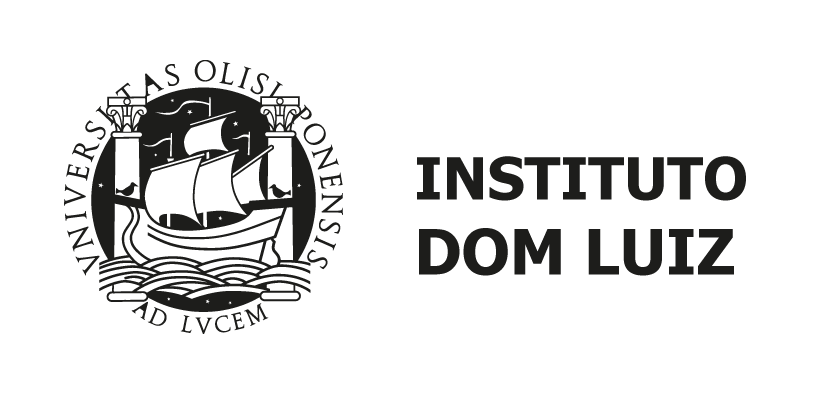Deep-Sea Marine Geology Laboratory




Overview
The Deep-Sea Marine Geology Laboratory (Laboratório de Geologia Marinha Profunda; LGMP), located at FCUL (C6: 6.4.63), was created ca. two decades ago and supports research activities primarily focused on deep-sea marine geology. It particularly emphasises the study of processes, both modern and ancient, involving oceanic lithosphere-ocean interaction, hydrothermal circulation, and mineral resources. LGMP hosts transmitted and reflected light microscopes and various other equipment to support mineralogical and geochemical studies. LGMP also facilitates complementary research, especially concerning studies of opaque minerals and sample processing for mineralogical and geochemical analysis. In addition to its research focus, LGMP plays a key role in supporting master and PhD students' dissertations.
The LGMP's activities have been mostly funded by national and European research projects.
Overall, the LGMP is a fundamental infrastructure that has been contributing to advance knowledge in marine science and ore resources at FCUL.
Infrastructure
The LGMP has the following equipment:
Petrographic microscopes (transmitted light and reflected light) with image capture and video capability
Analytical laboratory balance
Glassware
Small geochemistry equipment
Bench magnifiers
Magnetic stirrer
Fume hood
Oven (Binder ED)
Refrigerator
Small equipment to be used in oceanographic missions
Main highlights
It has provided support for researchers, doctoral and master students from various disciplines, particularly in studies related to transmitted and reflected light petrographic analyses and geochemical analyses. Some main research results obtained/developed in the lab include:
Evaluation of the evolution of mineral deposits at the Rainbow (MAR) site through microscale analysis of hydrothermal chimneys (Bernardo Ferreira, MSc student at FCUL, Ágata Dias and Filipa Marques).
Understanding the petrogenesis and duration of magmatism associated with mineralization in the Neves-Corvo VMS deposit (André Cravinho Santos, PhD student at FCUL, and Jorge Relvas).
Determination of the mineralogical and geochemical signatures of mid-ocean ridge (MOR) hydrothermal oxyhydroxide deposits (Pedro Costa, PhD sudent at ISE-USJ, and Ágata Dias).
Comparation of serpentinization processes at MAR and SWIR (Ding Teng, Post-Doc at ISE-ISJ, and Ágata Dias)
Determination of sulfide mineralization at the TAG hydrothermal field (MAR) and the development of offshore geochemical exploration methods for seafloor sediments (Sofia Martins, Postdoc at FCUL, and Jelena Milinovic J, Research Assistant at FCUL, Fernado Barriga, Jorge Relvas and Agata Dias, FCUL).
Unraveling magmatic contributions to seafloor hydrothermal systems, modern and their ancient analogues, and the role in creating world class VMS deposits (Filipa Marques)
Support for research projects (the most recent):
SeaMIN – In-situ trace elemental and isotopic constraints on modern seafloor massive sulfide mineralization. Pi: Ágata Dias FDCT File No.: 0041/2021/A1, (ongoing)
SWIMAR – The role of ultramafic-hosted hydrothermal systems in the formation of seafloor deposits: comparison between SWIR and MAR fields. Pi: Ágata Dias FDCT File No.: 002/2018/A1, (2018-2021)
BLUE MINING - Breakthrough Solutions for the Sustainable Exploration and Extraction of Deep Sea Mineral Resources”; Grant agreement no: 604500 - THEME [NMP.2013.4.1-2] EU- FP7; PI: Sven Peterson (Geomar, Germany), Co-PI: Fernando Barriga, Leader of the Portuguese team, (2014-2018)
Future prospects
The LGMP aims to support the scientific advancement of research in deep-sea marine processes and seabed resources, particularly within the Portuguese seabed area, while also supporting studies of analogous ancient deposits on land.
It will seek to secure additional funds for laboratory activities to allow continuing to support the work of researchers, postdoctoral researchers, and postgraduate students, contributing to the goal of consolidating a research group dedicated to deep-sea exploration at IDL. As a consequence, the laboratory seeks to contribute to the increase in the production of scientific publications in this field in IDL.
IDL aims to participate and organize public exhibitions and outreach events to raise awareness about the importance of marine research and its significance for society, particularly concerning deep-sea processes and the importance of their sustainable utilization. This also involves collaborating on awareness activities with schools to enhance ocean literacy, such as partnering with initiatives like the Blue School (Escola Azul) or the Lousal Science Center. For this, research infrastructures such as the LGMP are key.
Contact Person
Address
FCUL, Campus, C6 6.4.63
